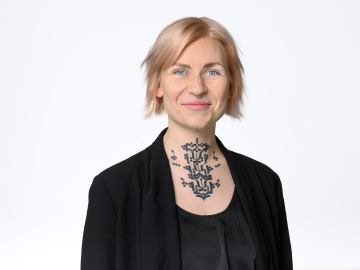ESMT Berlin: New book on how industrial companies can survive deglobalization

Deglobalization and the unpredictability of global business have led technology-based industries to review their overall strategies. Current geopolitical changes – the war in Ukraine, effects of the pandemic, and greenhouse gas emission targets – revived discussions about the value of globalization. However, international trade of goods and services has been slowing down significantly since 2011, with increasing nationalism being a factor. Additionally, lower salary differentials between developed and emerging economies have reduced overseas product shipments – which are increasingly criticized regarding environmental impact. So, how can industrial companies ensure growth in today’s global markets?
In their book, “Solid Growth,” the authors – Johannes Habel, member of the faculty at the University of Houston, Olaf Plötner, and Bianca Schmitz, both members of the faculty at ESMT Berlin – examine global strategies for industrial companies. They address how industrial companies can achieve solid growth in global markets, how they compete with new low-cost suppliers, how to successfully market digital innovation, and more. The book explores the key challenges that companies face in implementing their strategies and analyzes major global trends in technology-driven industries, providing a wide range of practical illustrations and insights for managers on how to stay successful.
Specifically, three categories of supply in industrial markets are highlighted – advanced premium products, no-frills products, and complex service solutions – alongside the identification of opportunities for interactions between the strategies and how the company of the future can be organized. They illustrate the strategies by providing numerous examples of companies from both developed and emerging countries. For example, they showcase the approach of Tata, a family-run company in India, to illustrate how lateral diversification can mitigate risk.
“Digitization and the volatile dynamics of doing business globally have led technology-based industries to review their overall strategies,” says Schmitz. “In the face of deglobalization, an option is to establish additional headquarters in key economic regions, allowing companies to gain more independence from geopolitical upheavals, faster decision-making processes in respective regions, and greater market proximity and customer orientation.”
“Solid Growth” is available as of today, March 21, 2023. The book may be purchased here. The authors also run the Bringing Technology to Market Center (BTMC) at ESMT, designed to analyze the impact of global market developments on industrial companies and how to overcome these challenges.
About ESMT Berlin
Quick links
